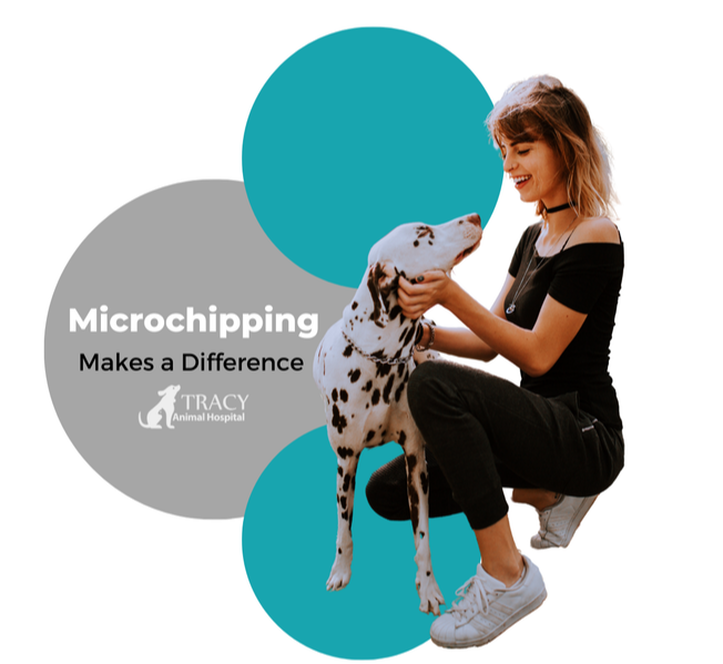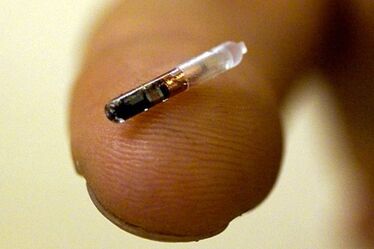HELP THEM HOME
Microchip
WHAT IS A MICROCHIP?A microchip is a small device, about the size of a large grain of rice, that is placed under the skin of an animal. It uses RFID (Radio Frequency Identification) technology, is inactive until scanned. Each chip contains a unique identification number that is listed on a national database which holds all the owner’s contact details such as their address and phone number. It is hermetically sealed, and barring rare complications, dogs and cats are unaffected by them.
|
HOW DOES A MICROCHIP WORK?A needle is used to place a little chip under the animal’s skin, usually between the shoulder blades. That chip has a unique number on it that can be picked up and read by a scanner. It takes seconds to get your pet microchipped, or about the same amount of time it takes to give any injection. We give your pet a local anesthetic for the discomfort or pain, and all they feel is a slight pinch. Some people also choose to get their pets microchip when their pets are being spayed or neutered. Our veterinarians implant the chips themselves, because it does matter where the chip is put and how it's injected.
|
MICROCHIP YOUR PETMake an appointment for your pet to get microchipped. It's the best chance they have to find their way back home.
|
MICROCHIP SUCCESS RATESThe American Humane Association estimates over 10 million dogs and cats are lost or stolen in the U.S. every year. Consider these statistics when it comes to lost pets and microchip success rates:
From the AVMA study
Only 58 percent of the microchipped animals’ microchips had been registered in a database with their pet parent’s contact information, so make sure your information is up to date and registered! Success Stories Abound! Many families have been happily reunited - even years later because their pet was microchipped. This is why we highly encourage our clients to microchip their pet. Are you ready to get your pet microchipped? |
Appointment RequestIf you are ready to make an appointment for your dog or cat, click on the button below. Our caring staff is here to help and we look forward to seeing you soon. If you are in need of urgent care, please call 281-970-0601.
|




